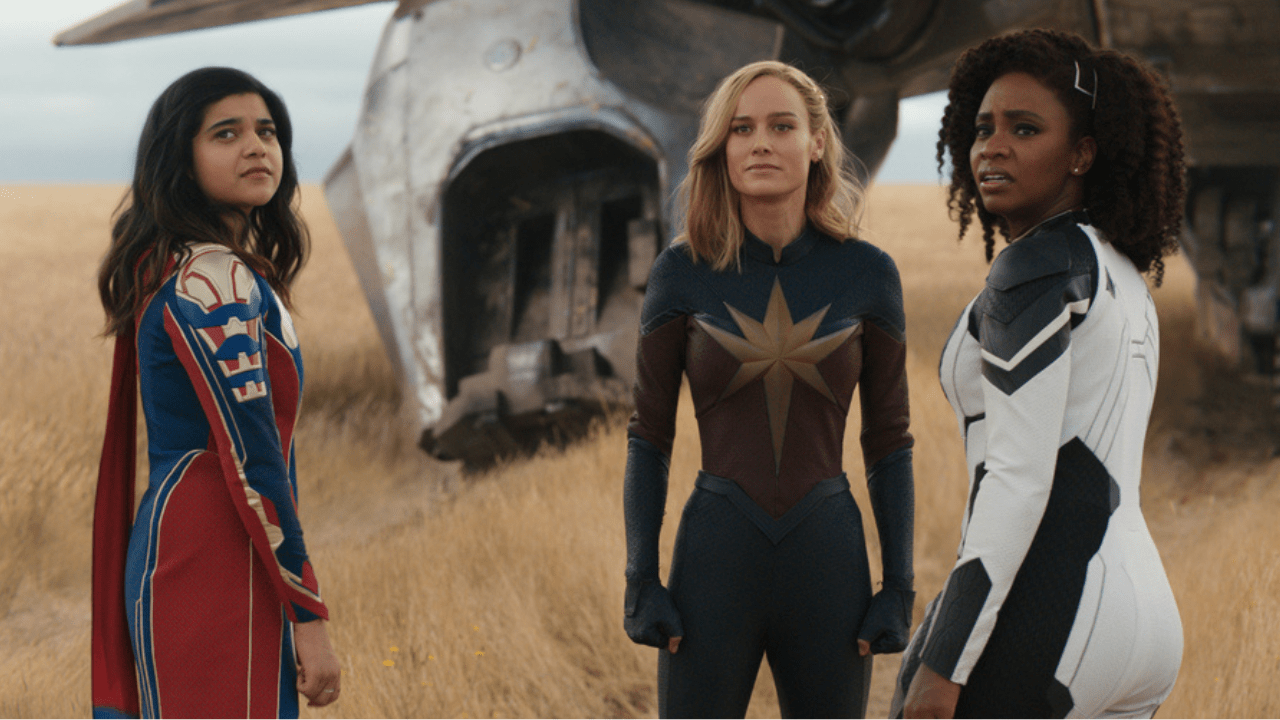
Mainstream media appears more inclined to attribute Marvel’s downfall to factors other than polarizing identity politics, instead.
The Marvel Cinematic Universe (MCU), previously known for its blockbuster films earning billions such as “Avengers: Endgame,” is currently facing some difficulties. Latest productions, including “The Fantastic Four: First Steps,” have fallen short in performance, leading to discussions about potential reasons behind the setbacks.
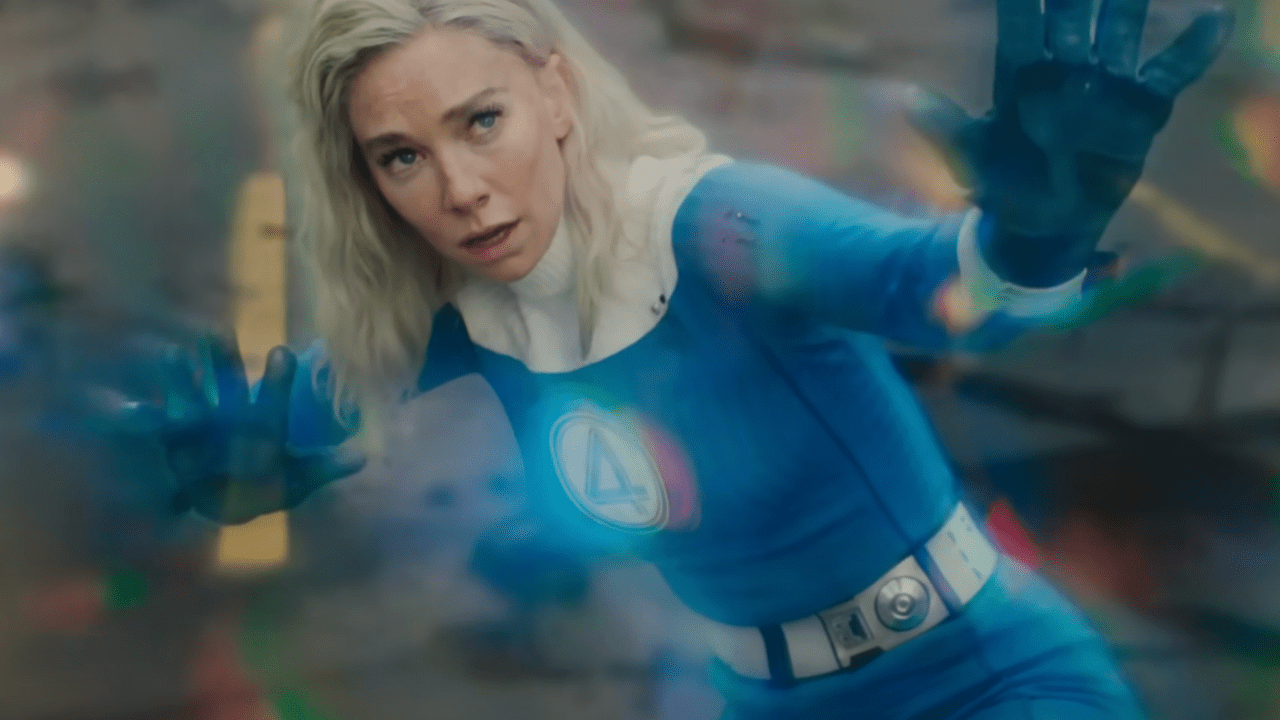
Some media sources attribute the challenges faced by cinema to factors such as overcrowding and disruptions in streaming services. On the other hand, John Nolte from Breitbart suggests that more profound changes in our culture could be driving these issues.
The Excuses: What the Media is Saying
In my perspective, mainstream coverage of the Marvel universe often concentrates on superficial aspects such as production elements and behind-the-scenes dynamics, shying away from more complex issues like creative choices and fan reactions.
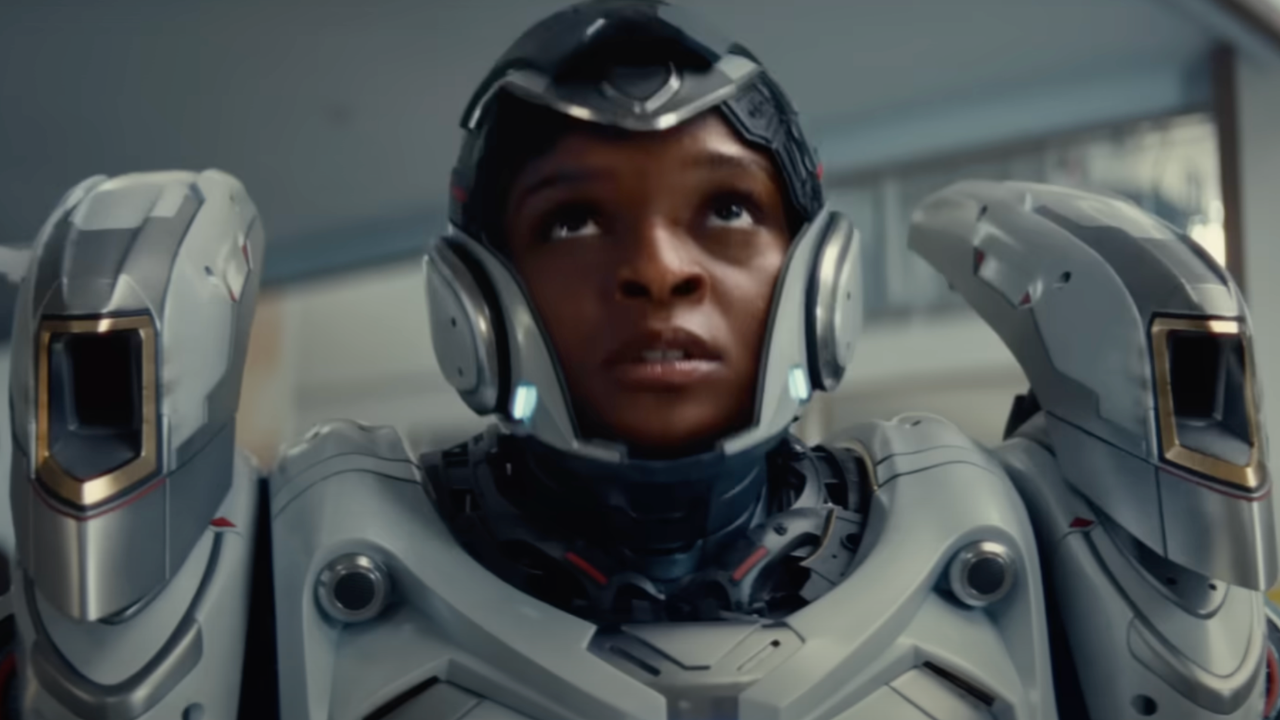
Forbes consistently points out “superhero burnout” as a main factor. In an analysis of the genre’s decline in 2023, they suggest that viewers are tired due to the excessive amount of content, causing reduced enthusiasm for even highly-anticipated premieres.
A recent Forbes piece links the difficulties faced by the MCU following ‘Endgame’ to internal management issues, referencing a Wall Street Journal report detailing the struggles of Marvel Studios leader Kevin Feige in preserving quality while dealing with swift growth.
The abundance or excessive number of movies and Disney+ shows released is creating a blur, as critics claim that this overload makes it challenging for fans to follow connected storylines due to the sheer volume of content.

The Wrap argues that Disney’s streaming approach diminishes the value of its iconic franchises, such as the Marvel Cinematic Universe (MCU). In a recent article, they explain how rapidly adding MCU content to Disney+ has weakened the “special event” appeal of Marvel films, transforming them from highly anticipated theater events into casual binge-watching options.
They acknowledge the ongoing impact of lockdowns on theater attendance and imply that the recovery isn’t complete. It seems that streaming services have permanently changed viewer habits in this context, which mirrors Disney’s own explanation for their decline. Instead of admitting to their own mistakes, they attribute the decline to broader problems affecting the industry as a whole.
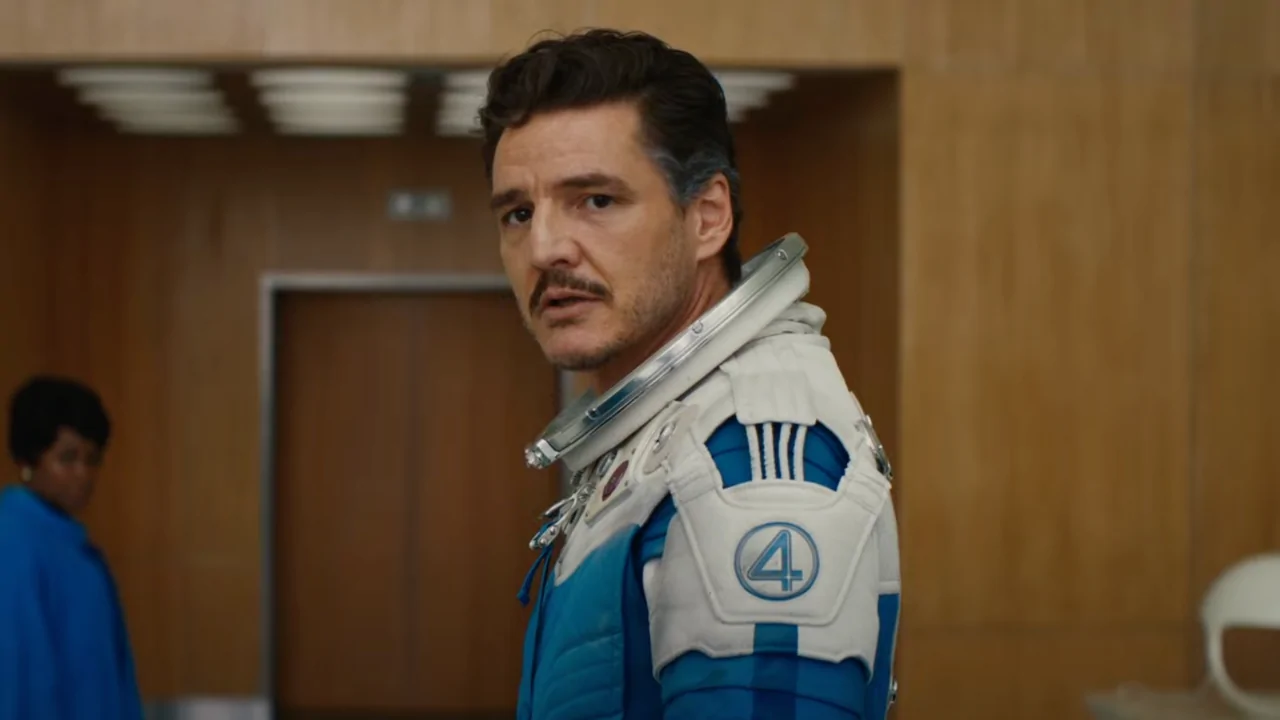
The points made here are valid, but there’s a noticeable increase in Marvel Cinematic Universe (MCU) productions since 2019. Phases 4 and 5 churned out over twenty projects within five years, which is quite a rapid pace compared to the earlier stages. Added to this speedy output are financial pressures and competition from other streaming platforms. It’s not difficult to understand why box office earnings have decreased and may be contributing to Marvel’s decline.
But that’s not the end of the story.
Evidence from the Box Office: Fantastic Four: First Steps as a Case Study
The recent red flag is the movie “The Fantastic Four: First Steps,” which began with a powerful domestic debut of $117.6 million but experienced a steep drop of 66% in its second weekend, earning only $40 million. Worldwide, it’s struggling to reach the billion-dollar milestones achieved by pre-2020 Marvel Cinematic Universe films, currently sitting at approximately $369 million.
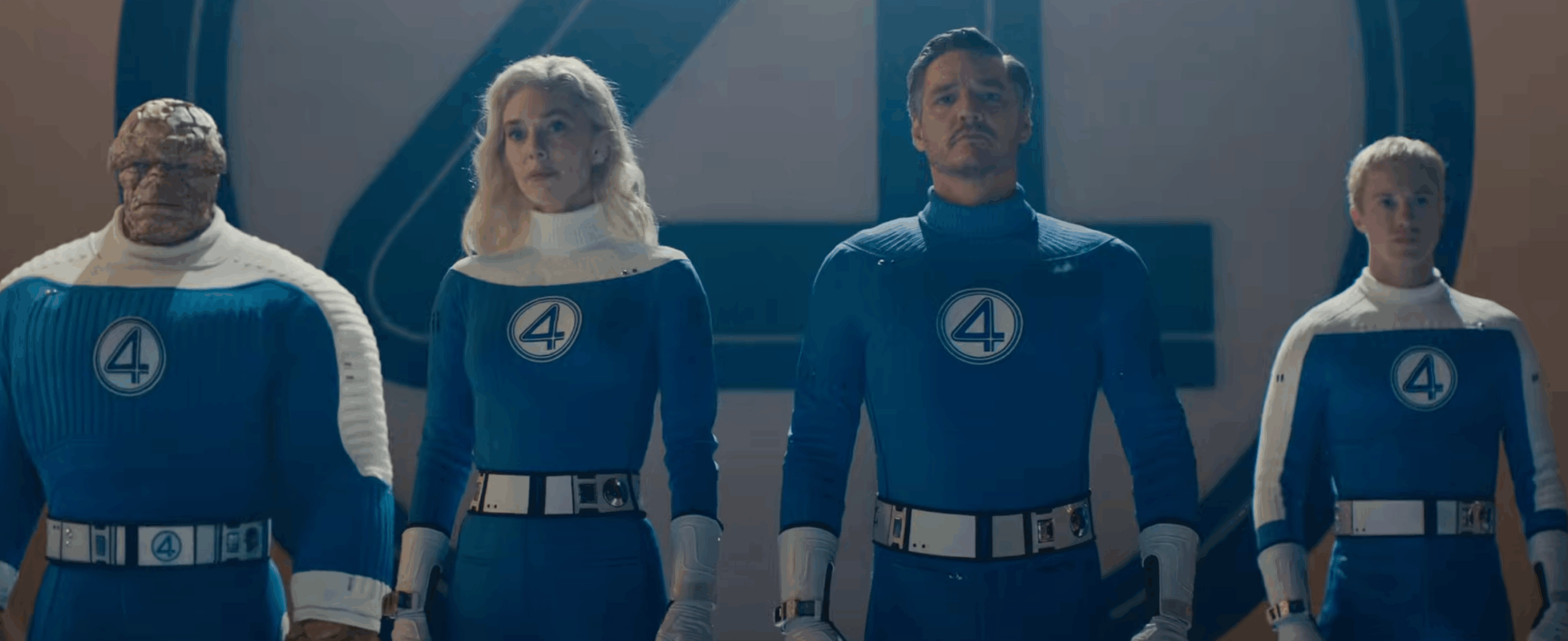
Numerous sources such as Variety and The Hollywood Reporter have labeled this decline as a “steep drop” or “dramatic fall,” implying that not even the revivals of cherished franchises are exempt from viewer indifference.
It seems that, despite not being an outright failure at this point, the data indicates a potential decline in the strength of Marvel Cinematic Universe’s influence. This might mean that it is struggling to maintain its initial impact beyond the first weekend releases.
The Overlooked Factor – Identity Politics and Fan Alienation
As a passionate film enthusiast, I’ve noticed that the sheer quantity of Marvel content (oversaturation) and the challenges in the streaming world have indeed played a role in their diminishing influence. However, these factors alone can’t fully account for why the Marvel Cinematic Universe seems to have relinquished its cultural hold on us.

One frequently overlooked aspect, sometimes avoided by media favorable towards Disney, involves their shift towards a more socially conscious approach, also known as “wokeness”. This transition focuses on emphasizing identity politics, progressive narratives, and diverse representation, potentially at the expense of captivating storylines and well-developed characters.
Instead of focusing on heroic escapades, recent changes have distanced traditional Marvel fans, who initially enjoyed Marvel for its immersive hero narratives, rather than educational content centered around social matters.

On platforms such as X, fan responses create a vibrant depiction. Numerous users attribute the decreasing interest among audiences to “DEI hires” (diversity, equity, and inclusion initiatives) and “progressive culture,” claiming this shift particularly disenchants straight male viewers who initially comprised a significant portion of the MCU’s early fanbase.
If you follow Marvel movies in order, you might notice that things began to shift significantly. Characters became less traditionally masculine, themes lightened up, and the humor turned more towards jokes and wit. It seems as though the tone became less serious and more whimsical. It’s challenging not to have a mixed reaction towards these changes.
— Pay Roll Manager Here (@UsingLyft) July 10, 2025
For instance, one post expressed regret over the trend toward “less traditionally masculine” protagonists and “more lighthearted” plots in contemporary films, noting a downturn following the release of Endgame. Another pointed out particular failures such as The Marvels and Eternals, suggesting their underperformance was due to an overemphasis on character identity at the expense of established leads.
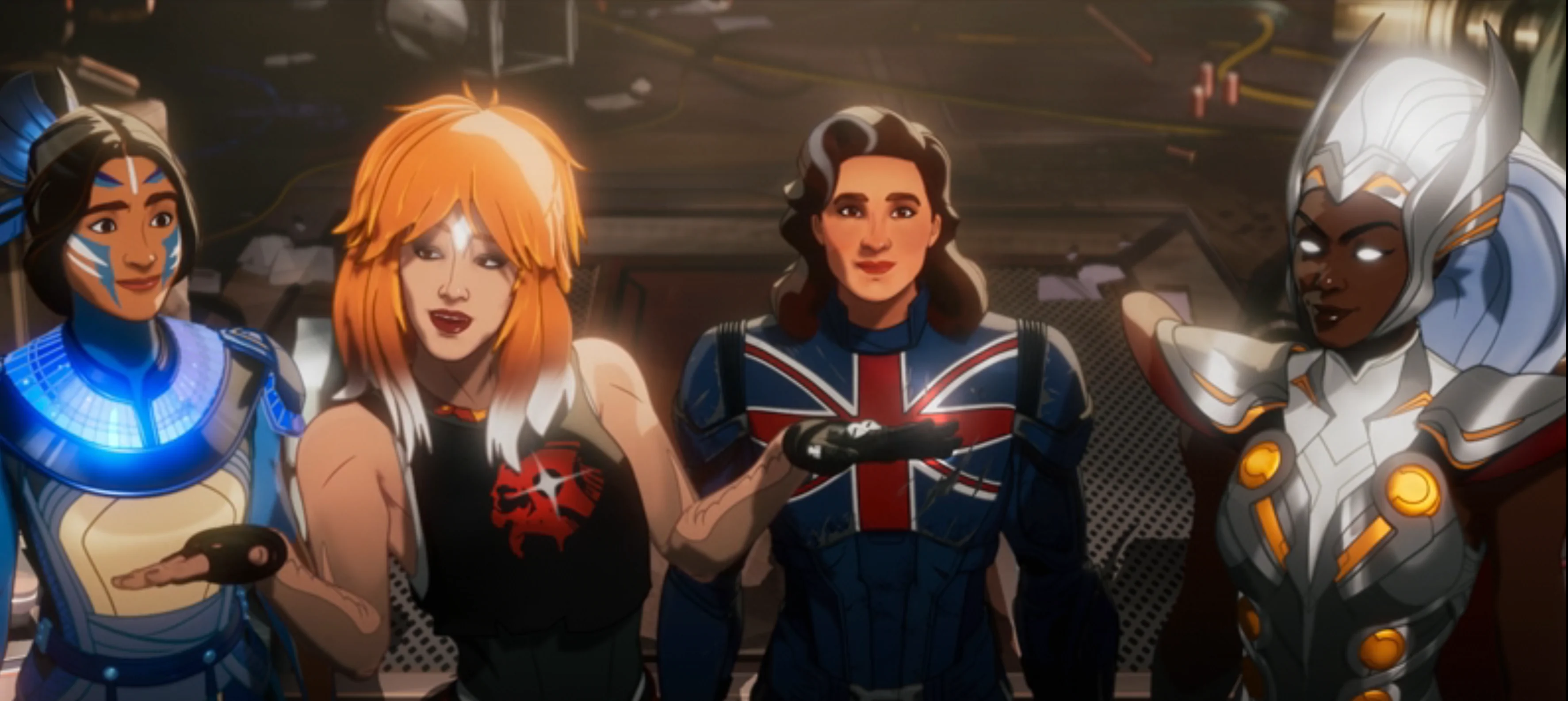
It’s not mere complaining based on personal experiences. Movies labeled as “woke,” like The Marvels, which highlights themes of female empowerment and diversity, have underperformed significantly, earning just $206 million globally compared to a high production cost.
Contrarily, Deadpool and Wolverine, who embraced a humorous approach that wasn’t preachy and featured typical male protagonists, amassed over $1 billion, demonstrating that audiences prefer quality to ideology. Critics such as those at Spiked have agreed, pointing out that Hollywood’s tendency towards progressive agendas (often referred to as “going woke”) has resulted in monetary losses, as evidenced by projects like Eternals 2 and Captain Marvel 3 being shelved.
It seems like Hollywood hasn’t grasped the fact that people prefer non-political movies. The latest example is Marvel Studios, who have suffered significant financial losses after attempting to deliver messages that don’t resonate with their fanbase. In her opinion, screenwriters and directors appear to view their audience as inferior, according to Laurie Wastell.
— spiked (@spikedonline) January 11, 2024
Ineffective writing only exacerbates the issue. Frequently, X users criticize Marvel for poor writing, disregard for the original content, and apparent prioritization of political agendas, implying that they hire activists instead of talented narrators.
Marvel’s decline is easy to understand:
Terrible writing, ignoring source material and political pandering (to non-fans).
In my perspective, Marvel Studios, here’s some friendly advice: Labeling your audience as ‘toxic’ because they don’t accept subpar quality or misrepresentations of beloved characters from their childhood might not be the best approach. Instead, let’s strive to create content that resonates with our passionate fanbase and maintains the spirit of the original characters they cherish so deeply.
— New Age Critic (@newagecritic) December 29, 2024
This aligns with Forbes’ criticism that following the Endgame, creativity seemed lacking, leading to a decline in popularity. When diversity appears contrived instead of authentic – as seen in the immigration and open borders lectures within Falcon and the Winter Soldier or the socialism discussions in Ant Man & The Wasp: Quantumania – it transforms entertainment into propaganda, causing fans to lose interest.
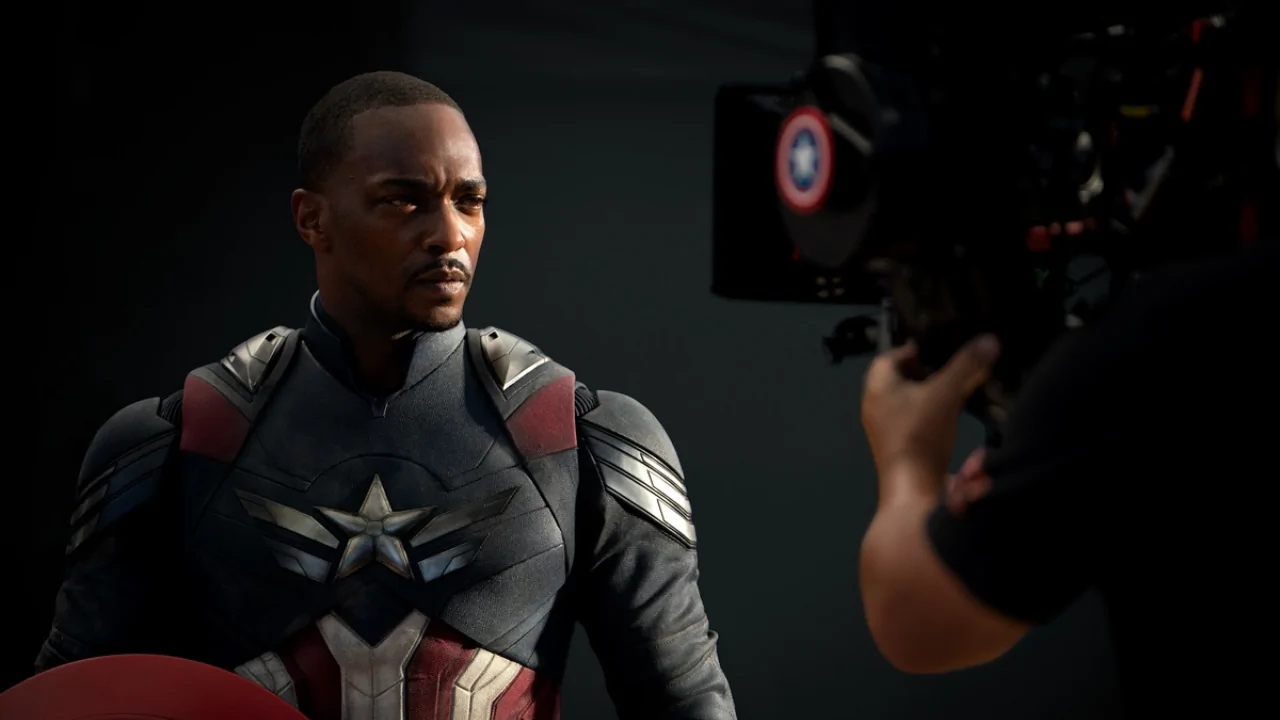
Successfully crafted films such as “Black Panther” demonstrate that tales with diversity can flourish when skillfully told. Unfortunately, the true ailment lies in imbalance: prioritizing message over merit, a phenomenon observed in watered-down heroes (for example, the weakened Hulk) or stereotypical girlboss narratives.
Moving Forward: Can Marvel Recover?
Changing the narrative a bit: The media’s continuous finger-pointing, which emphasizes fatigue and streaming over fan disconnection, doesn’t help Disney at all. To recover from its significant drop in popularity, Marvel needs to revisit high-quality storytelling that honors its origins while promoting inclusivity in a progressive manner.
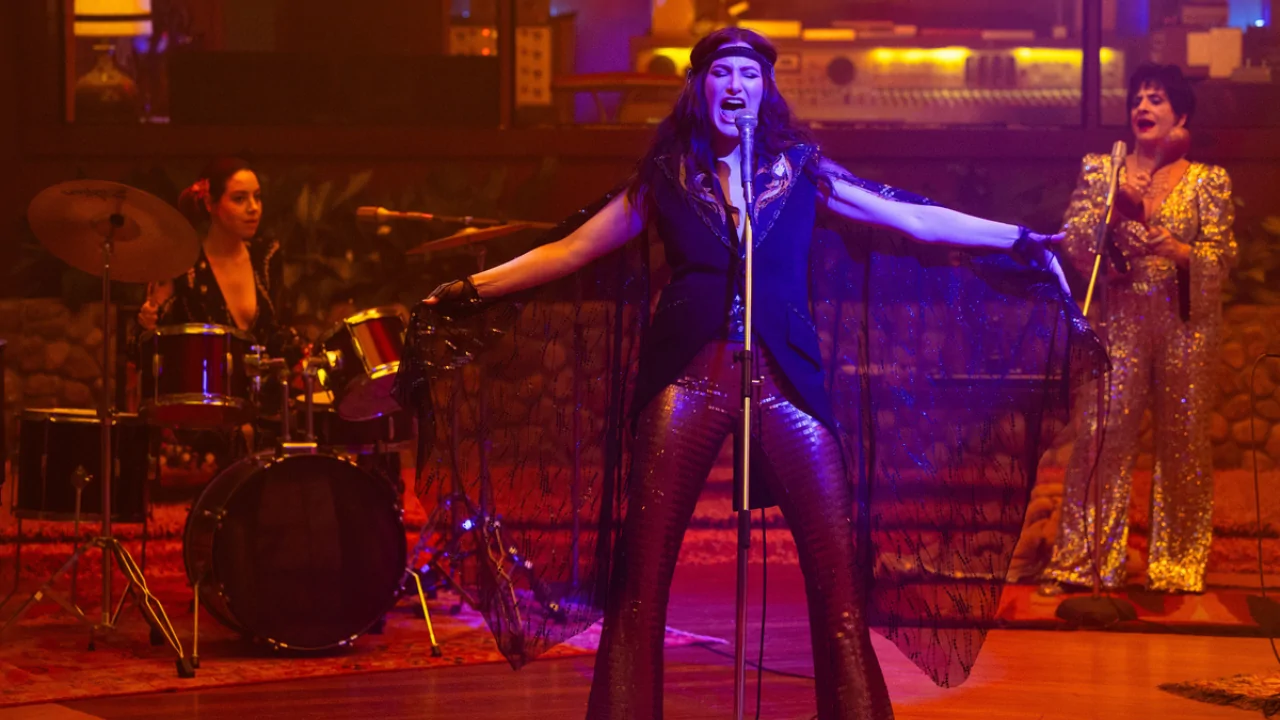
Based on the current public response, failing to address the criticism could lead to a faster downfall. The truth at the box office and from the fans themselves are both clear indicators.
Read More
- Clash Royale Best Boss Bandit Champion decks
- Vampire’s Fall 2 redeem codes and how to use them (June 2025)
- Mobile Legends January 2026 Leaks: Upcoming new skins, heroes, events and more
- World Eternal Online promo codes and how to use them (September 2025)
- How to find the Roaming Oak Tree in Heartopia
- Clash Royale Season 79 “Fire and Ice” January 2026 Update and Balance Changes
- Best Arena 9 Decks in Clast Royale
- Clash Royale Furnace Evolution best decks guide
- Best Hero Card Decks in Clash Royale
- FC Mobile 26: EA opens voting for its official Team of the Year (TOTY)
2025-08-05 20:01